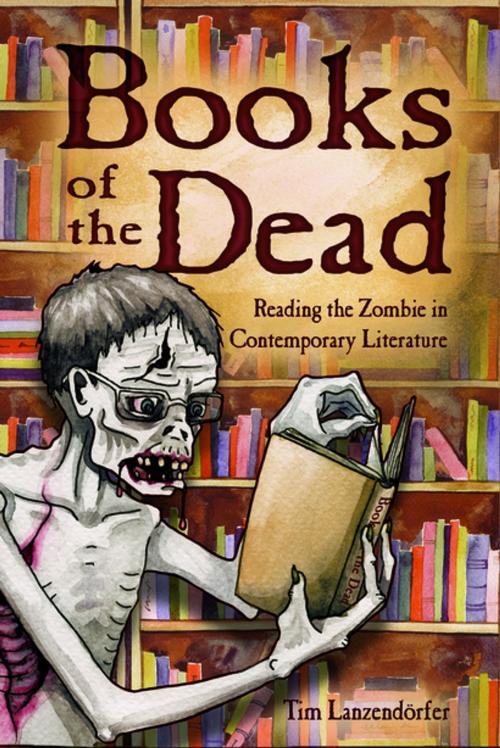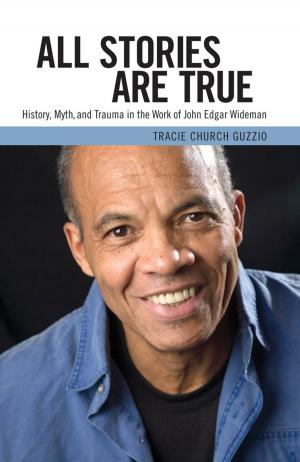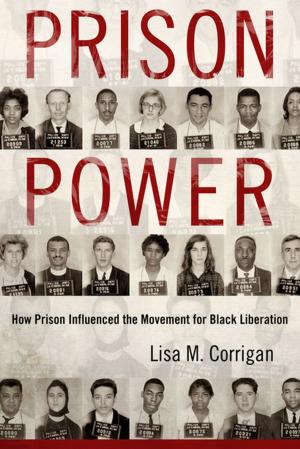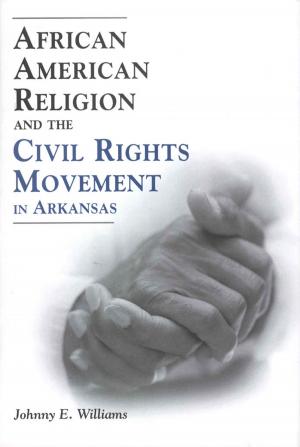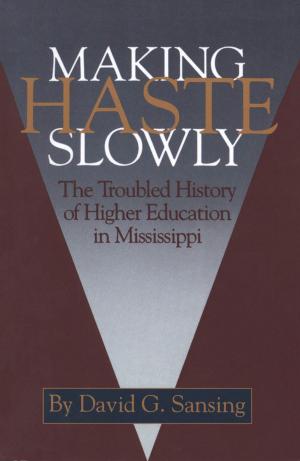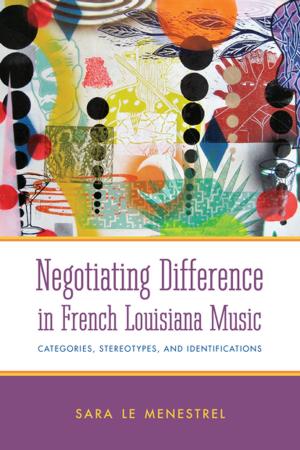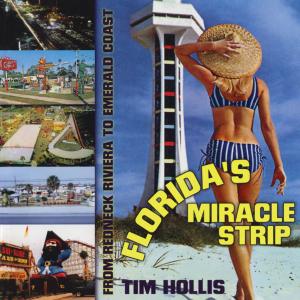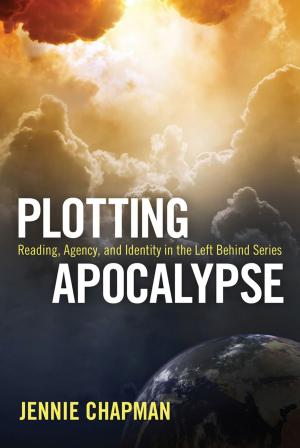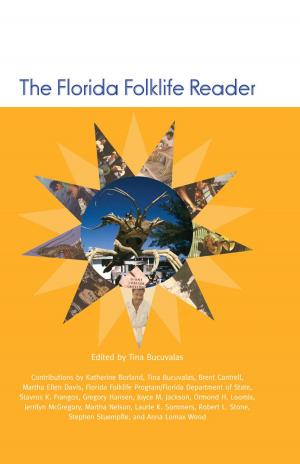Books of the Dead
Reading the Zombie in Contemporary Literature
Nonfiction, Social & Cultural Studies, Social Science, Cultural Studies, Popular Culture, Fiction & Literature, Literary Theory & Criticism| Author: | Tim Lanzendörfer | ISBN: | 9781496819079 |
| Publisher: | University Press of Mississippi | Publication: | August 8, 2018 |
| Imprint: | University Press of Mississippi | Language: | English |
| Author: | Tim Lanzendörfer |
| ISBN: | 9781496819079 |
| Publisher: | University Press of Mississippi |
| Publication: | August 8, 2018 |
| Imprint: | University Press of Mississippi |
| Language: | English |
The zombie has cropped up in many forms—in film, in television, and as a cultural phenomenon in zombie walks and zombie awareness months—but few books have looked at what the zombie means in fiction.
Tim Lanzendörfer fills this gap by looking at a number of zombie novels, short stories, and comics, and probing what the zombie represents in contemporary literature. Lanzendörfer brings together the most recent critical discussion of zombies and applies it to a selection of key texts including Max Brooks’s World War Z, Colson Whitehead’s Zone One, Junot Díaz’s short story “Monstro,” Robert Kirkman’s comic series The Walking Dead, and Seth Grahame-Smith’s Pride and Prejudice and Zombies. Within the context of broader literary culture, Lanzendörfer makes the case for reading these texts with care and openness in their own right.
Lanzendörfer contends that what zombies do is less important than what becomes possible when they are around. Indeed, they seem less interesting as metaphors for the various ways the world could end than they do as vehicles for how the world might exist in a different and often better form.
The zombie has cropped up in many forms—in film, in television, and as a cultural phenomenon in zombie walks and zombie awareness months—but few books have looked at what the zombie means in fiction.
Tim Lanzendörfer fills this gap by looking at a number of zombie novels, short stories, and comics, and probing what the zombie represents in contemporary literature. Lanzendörfer brings together the most recent critical discussion of zombies and applies it to a selection of key texts including Max Brooks’s World War Z, Colson Whitehead’s Zone One, Junot Díaz’s short story “Monstro,” Robert Kirkman’s comic series The Walking Dead, and Seth Grahame-Smith’s Pride and Prejudice and Zombies. Within the context of broader literary culture, Lanzendörfer makes the case for reading these texts with care and openness in their own right.
Lanzendörfer contends that what zombies do is less important than what becomes possible when they are around. Indeed, they seem less interesting as metaphors for the various ways the world could end than they do as vehicles for how the world might exist in a different and often better form.
